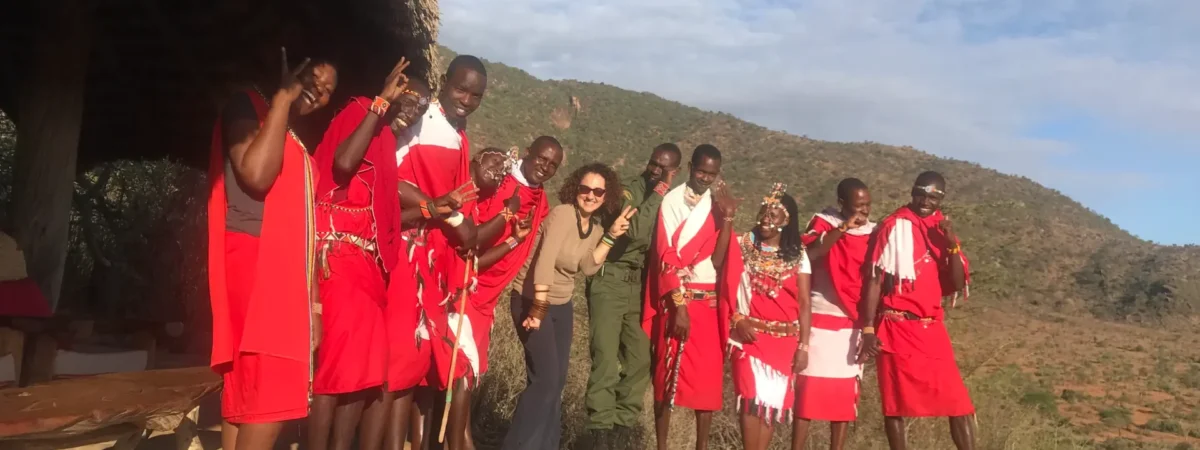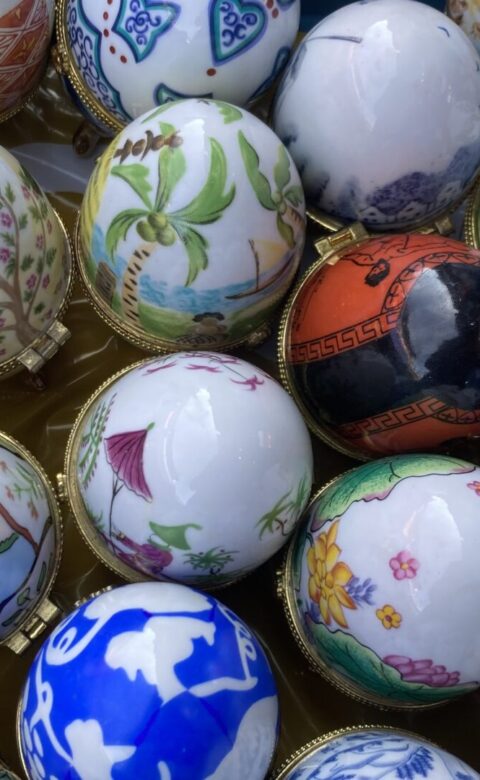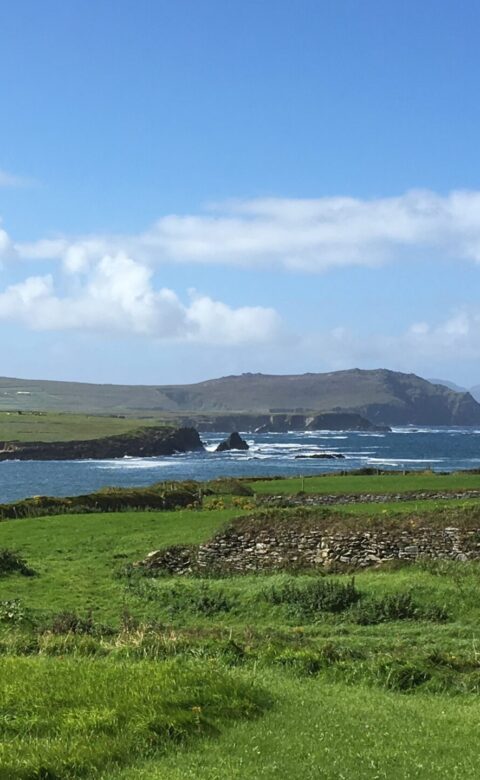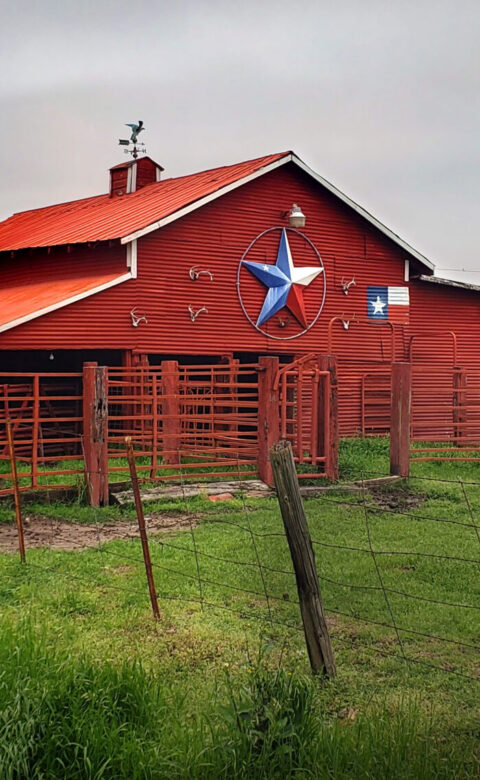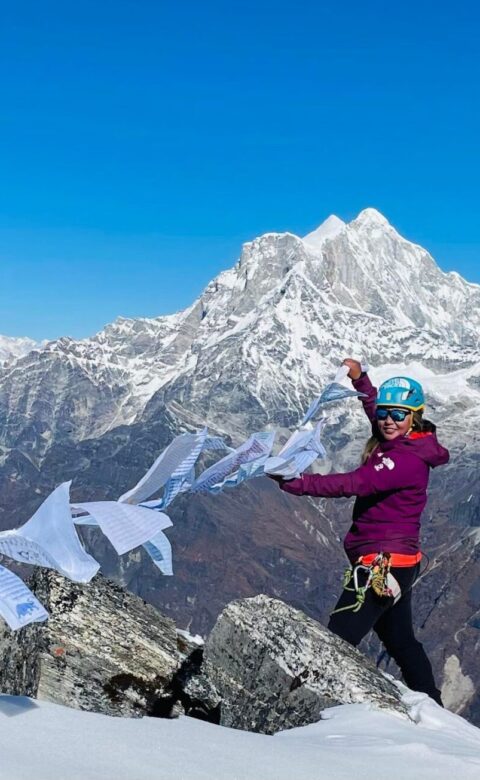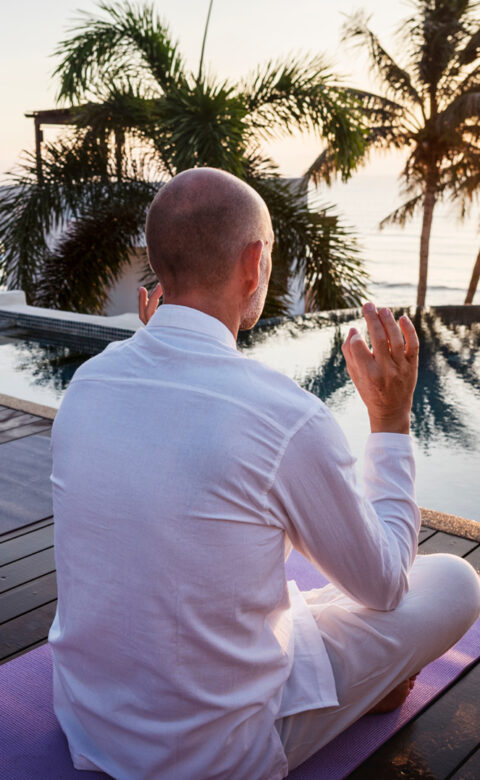Over the last couple of years, there have been changes in the responsible traveller’s vocabulary. A few relatively new terms have been introduced, among which one stood out: ‘authentic’. And so a new buzzword was born, and it was a good thing.
Industry reports confirm that travellers’ intentions and demands have shifted towards more real, grassroots experiences. Of the more than 30,000 people surveyed across 32 countries and territories for the Booking.com Sustainable Travel Report 2022, 66% said they seek authentic experiences representative of the local culture. This figure then rose to 75% in 2023.
The strong interest in Indigenous tourism activities and experiences that we are witnessing on a global level is part of the same trend. And while this renewed attention to local cultural realities is something auspicious, it’s not free of risks.
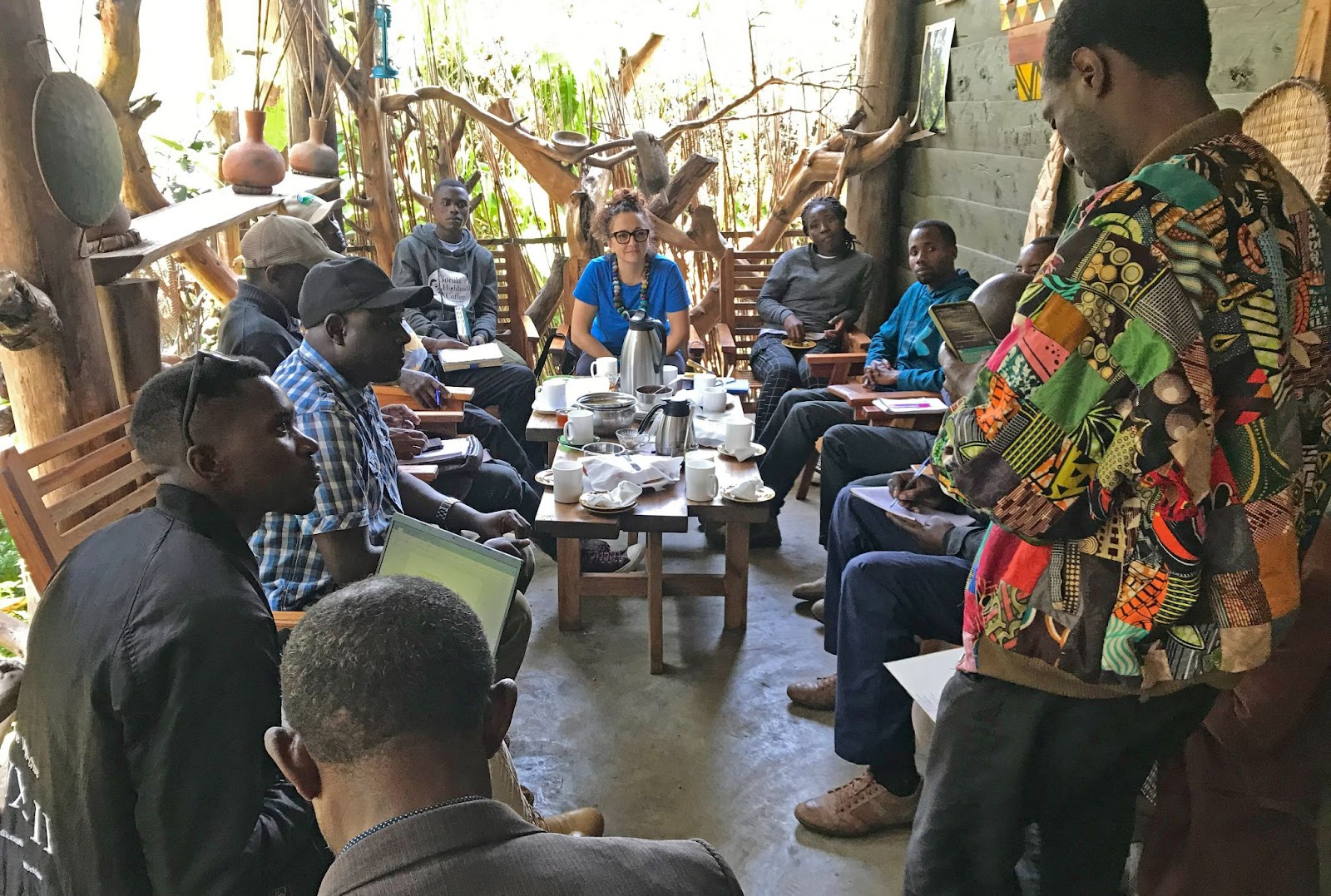
Authentically fake tourism
The history of tourism, unfortunately, contains many colossal cultural disasters, created in an attempt to deliver ‘authentic’ experiences. In reality, what was being provided were fake staged performances.
And this isn’t just a thing of the past. Sadly there are still destinations where performers adorned in colourful costumes, and an audience facing them waiting to be ‘amazed’, are the main ingredients.
The stage is the physical representation of the disconnected reality: the participants may be in proximity, but each is in their own separate bubble.
Despite the inauthenticity of this kind of performance now being very evident and much despised, every time we witness a cultural dance while travelling we might wonder if it is ‘just for the tourist’.
I suggest that fake cultural experiences exist because of our expectations as tourists and are due to pre-existing cultural stereotypes we carry with us — and with which we have probably been raised — paired with the inaccurate belief that culture does not change.
Cultural change is a complex subject and too broad to be addressed in-depth here. However, it is important to highlight that a lack of authenticity is often the result of power dynamics built on a lack of real knowledge and assumed superiority, combined with accepted inferiority and previous loss of cultural value.
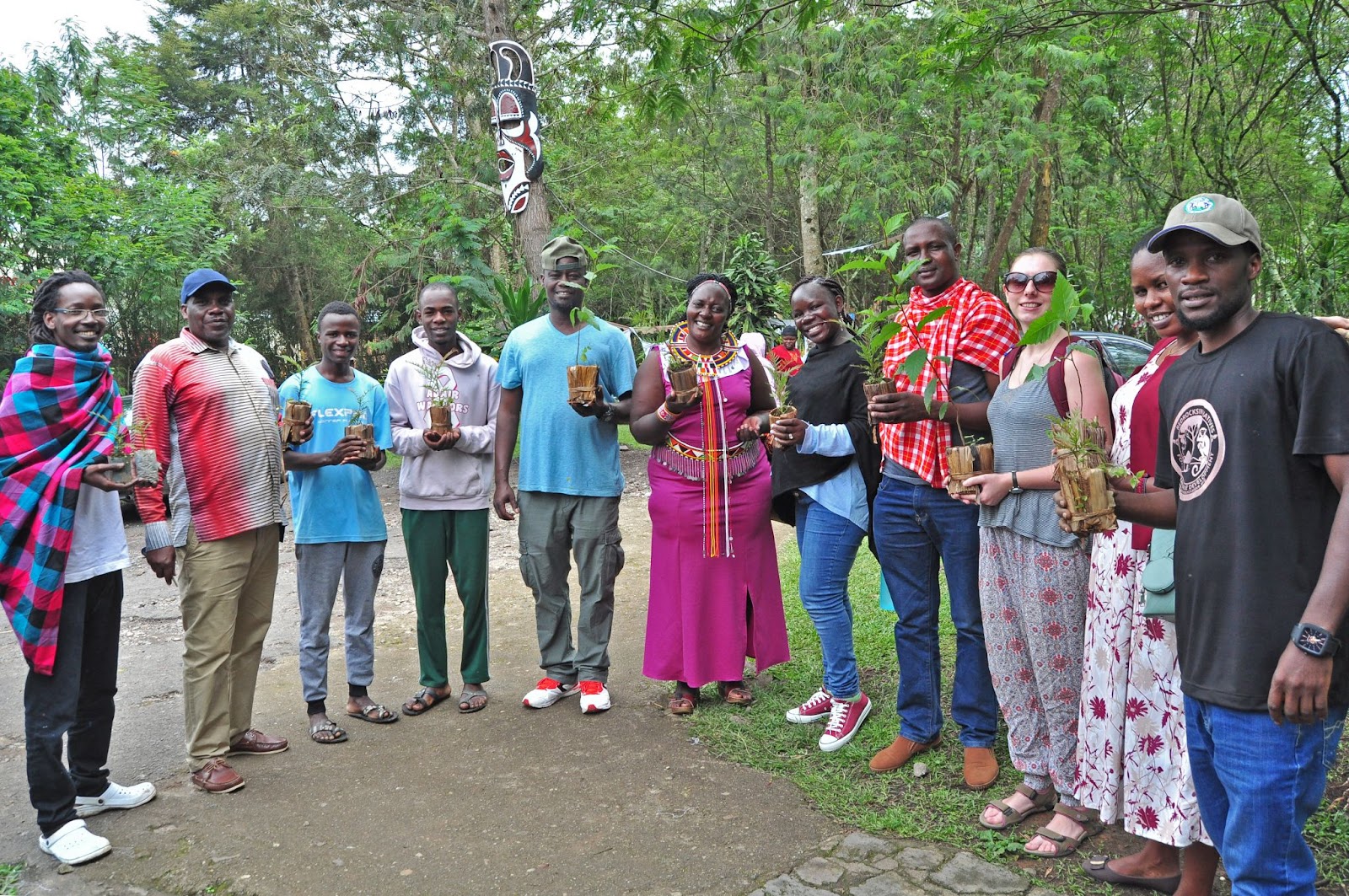
Looking for a meaningful clash
Real authenticity is important to us. After all, we all want a certain degree of positive ‘cultural clash’ in our travel experiences.
The reasons that push us to take long journeys, leave our routine, familiar faces and environments, and embark on new adventures in challenging climates are clearly rooted in the excitement of being in contact with different people and cultures, experiencing their festivals and visiting heritage sites.
The fascination with different cultural expressions, which of course include music and gastronomy, is a powerful motivator for our trips.
We want to be out of our comfort zone because we know only then can we reach a depth of transformational experiences and new insights for our personal spiritual journey. How can we ensure that our craving/pursuit for a ‘cultural clash’ will lead to a fulfilling experience rather than a culturally exploitative one?
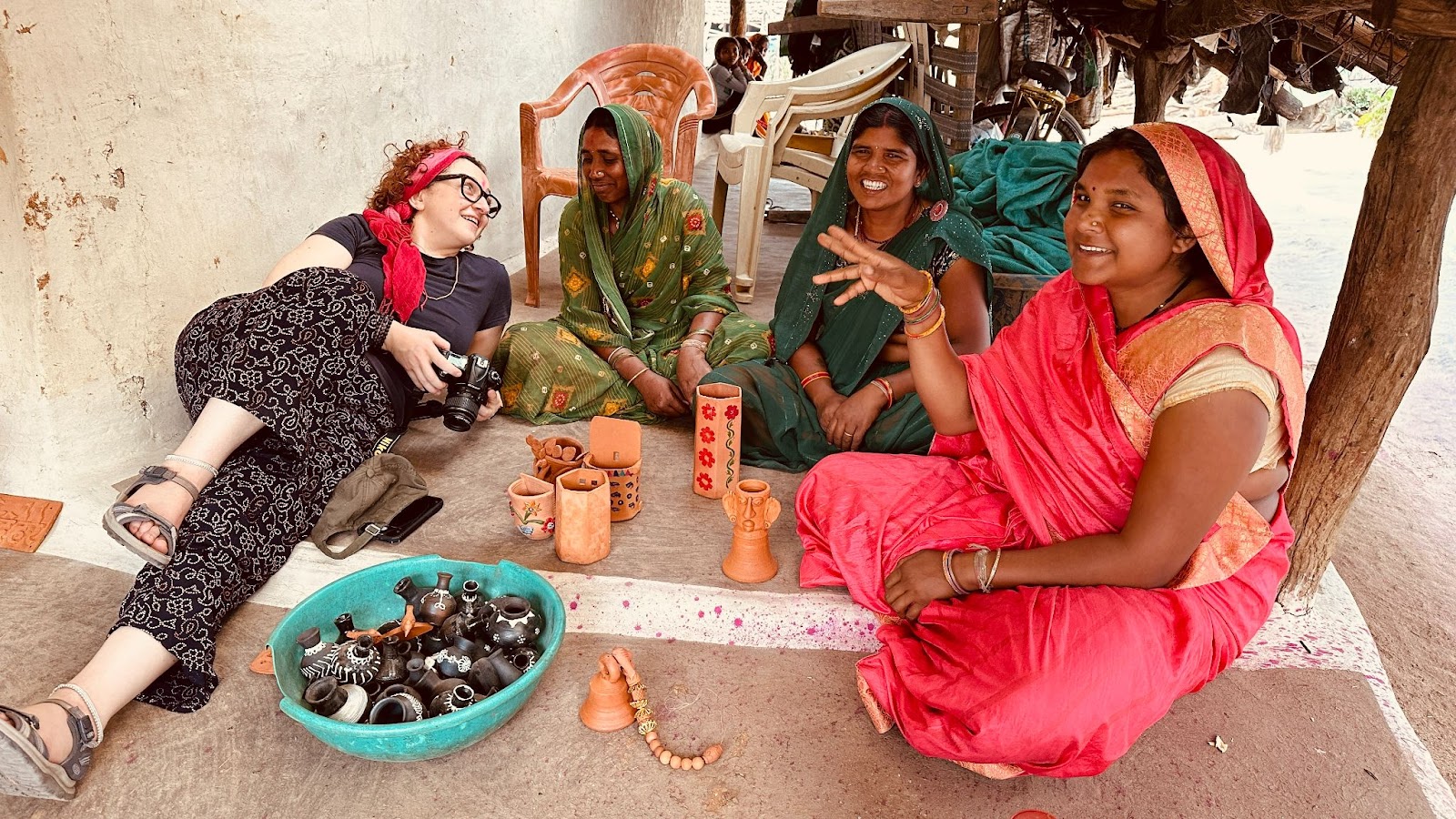
Be prepared: pack some knowledge
How can we prepare for this experience? As I usually suggest, internally first.
Start with the right attitude: you are a guest in someone else’s home. This alone will be a conduit towards more respectful behaviours.
Ask the right questions: your travel advisor and/or any tour operators you choose to travel with can help you better understand the place you are about to visit. If they are not already, prepared with answers, your questions will serve as a prompt to deepen their specific knowledge.
Do your research: in the same way that you cautiously prepare your documentation (visa, passport, insurance, etc.) and carefully choose the items to put in your luggage, you should apply the same care to finding relevant cultural information about the place. Always verify the source of your information and prioritise local voices.
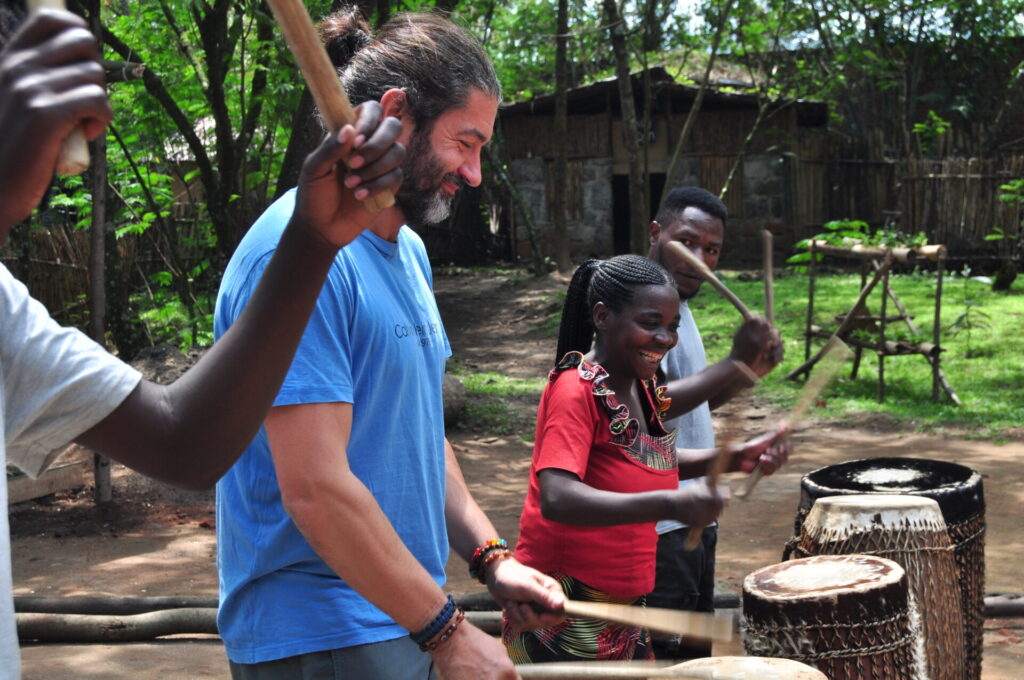
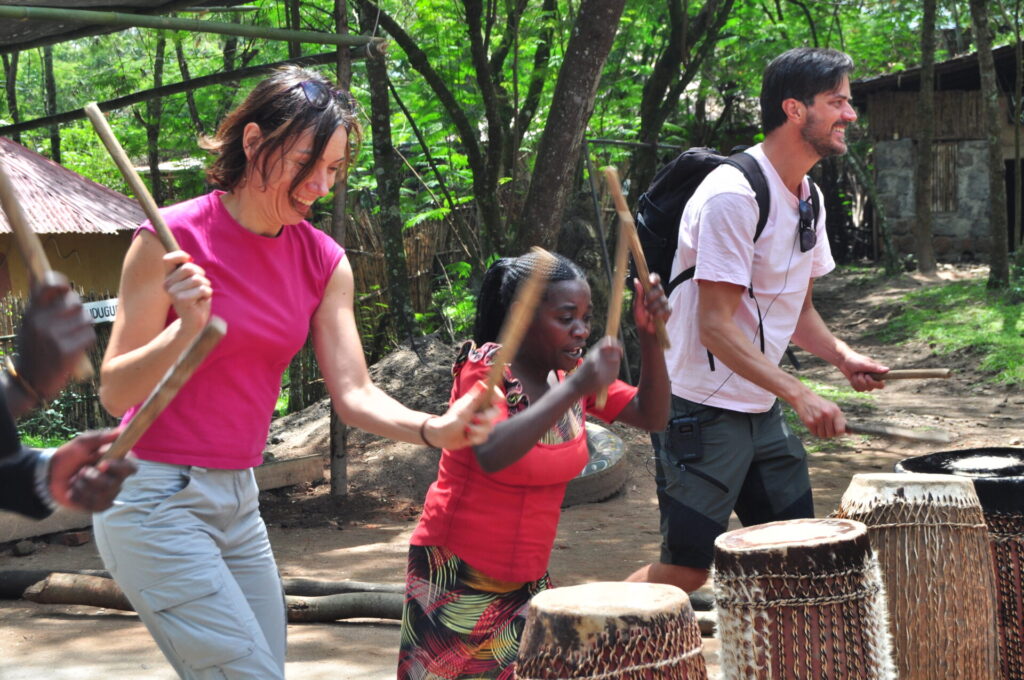
There’s no need to bring everything
There are things we should pack, and others that we should consciously leave at home.
Beyond the cultural stereotypes we hold — which good preparation will help gradually dismantle — we should consider shedding our privilege and sense of entitlement, which is often carried unconsciously. I suggest looking at the cultural experiences you want to engage with during your travels from an anthropological perspective.
Remembering that we are all cultural beings should help put things in perspective and enable us to realise the relativity of all our places. It also helps us recognise that we all carry stereotypes about ‘the other’.
Ultimately, what matters and contributes to an ‘authentic’ experience is how we enter the circle. Do we enter expecting to see and hear something, expecting to receive something special and unique? The beauty of cultural encounters is that they involve a two-way relationship in which we both give and receive, usually in that order. The more open we are to listening to others and sharing our own world, the easier it will be to learn and have a profound experience.
Most of these meaningful encounters are facilitated by the work of conscious travel designers and responsible tour operators who prepare these moments as opportunities for dialogue. Make sure you express your desire to encounter the local culture to your tourism professional. We shouldn’t underestimate the power of influence that we as tourists have in shaping a more impactful industry, one experience at a time.
Cultural encounters matter. Prepare yourself for them and fully enjoy.
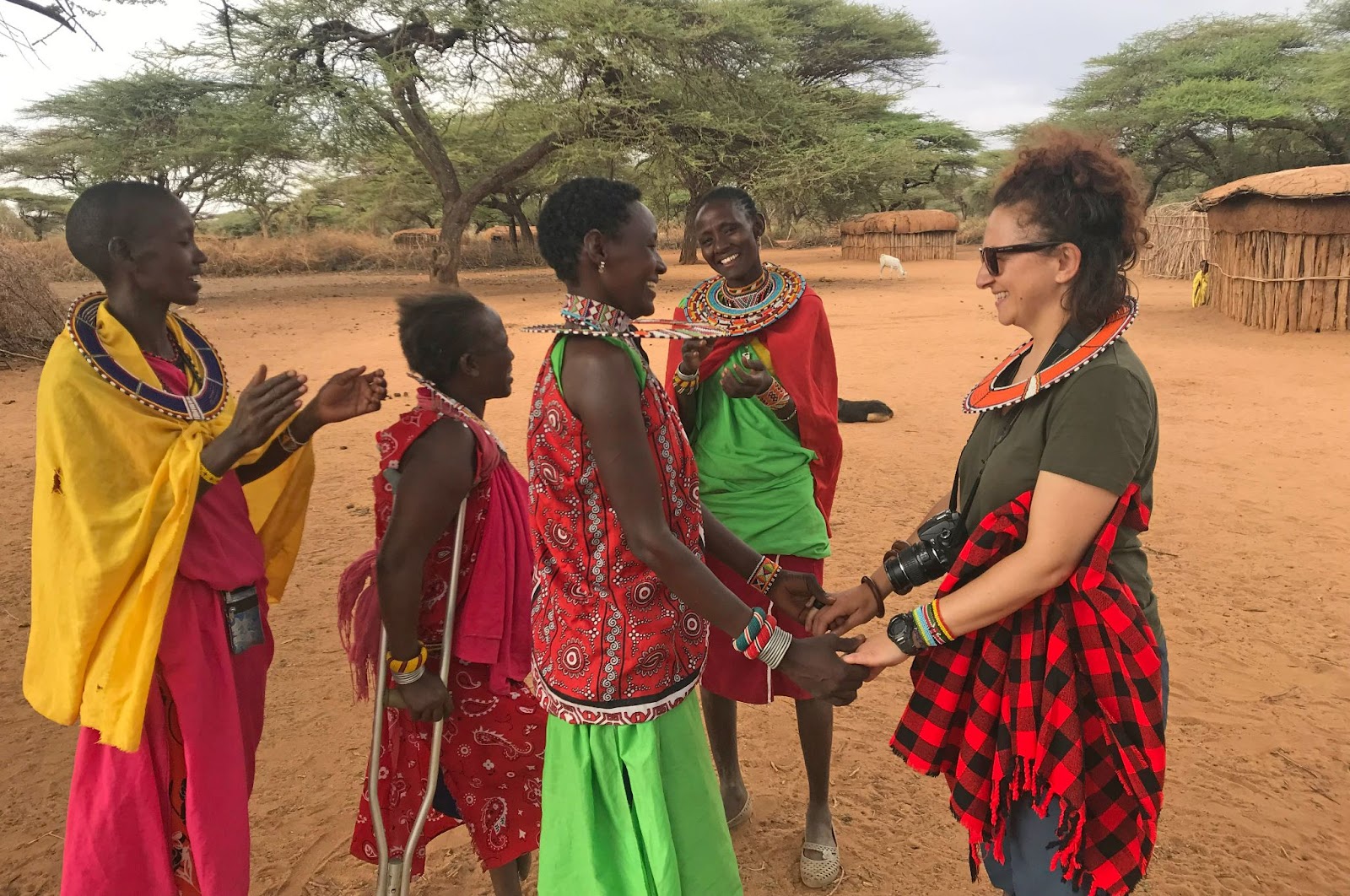
Seek out the storytellers
A final suggestion comes from an ‘invisible’ universe.
The reason I started writing grassroots travel stories of Indigenous communities in 2017 was because of the lack of them. A lack of local stories equates to a lack of visibility, which for tourists results in missed opportunities for transformational experiences with other cultures.
A story can help to bridge cultural gaps while getting to know and bonding with your future host. Our travel memories are packed with people, not just places, and this realisation took me to the launch of the Destination Community campaign at the beginning of the pandemic, in April 2020. The following year, in January 2021, The Postcard Series was born. As an extension of the main campaign, the idea of the postcard stories is based on the concept of community storytelling.
I adopted the name Community Storytelling for the stories (and narratives) shared by community members when they present their own reality (cultural traditions, history, natural environment, lifestyle, etc.) to future guests from their own perspective and for their own benefit.
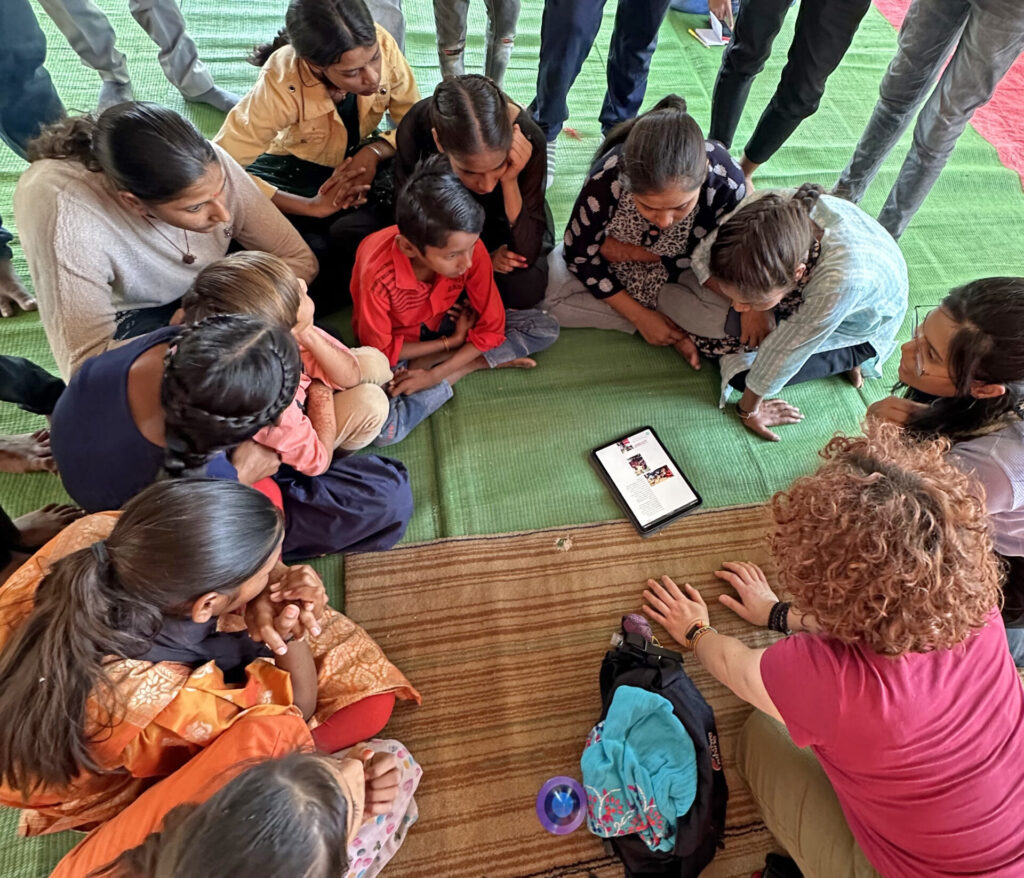
In 2022, I travelled to East Africa to reveal local cultural stories. I couldn’t believe that the region had just wildlife to offer and one could only experience safari. Where is your local culture? Why are you not sharing it on your website? I asked of the many local tour operators I had gathered for a Storytelling Workshop in Kisoro, Uganda. Well, of course, we do have it, but tourists are not interested!
By asking for more cultural stories, you not only expand opportunities for meaningful encounters for you and other travellers, but also are a social innovator. By supporting Community Storytelling, you recognise the danger of the single narrative and shout about the need for more diversity in our industry, not to mention the local economic benefits that can result.
My last piece of advice is to look for local storytellers and local narratives. This will provide you with the human and cultural knowledge needed for your trip preparation and increase the chance of experiencing new meaningful encounters.

